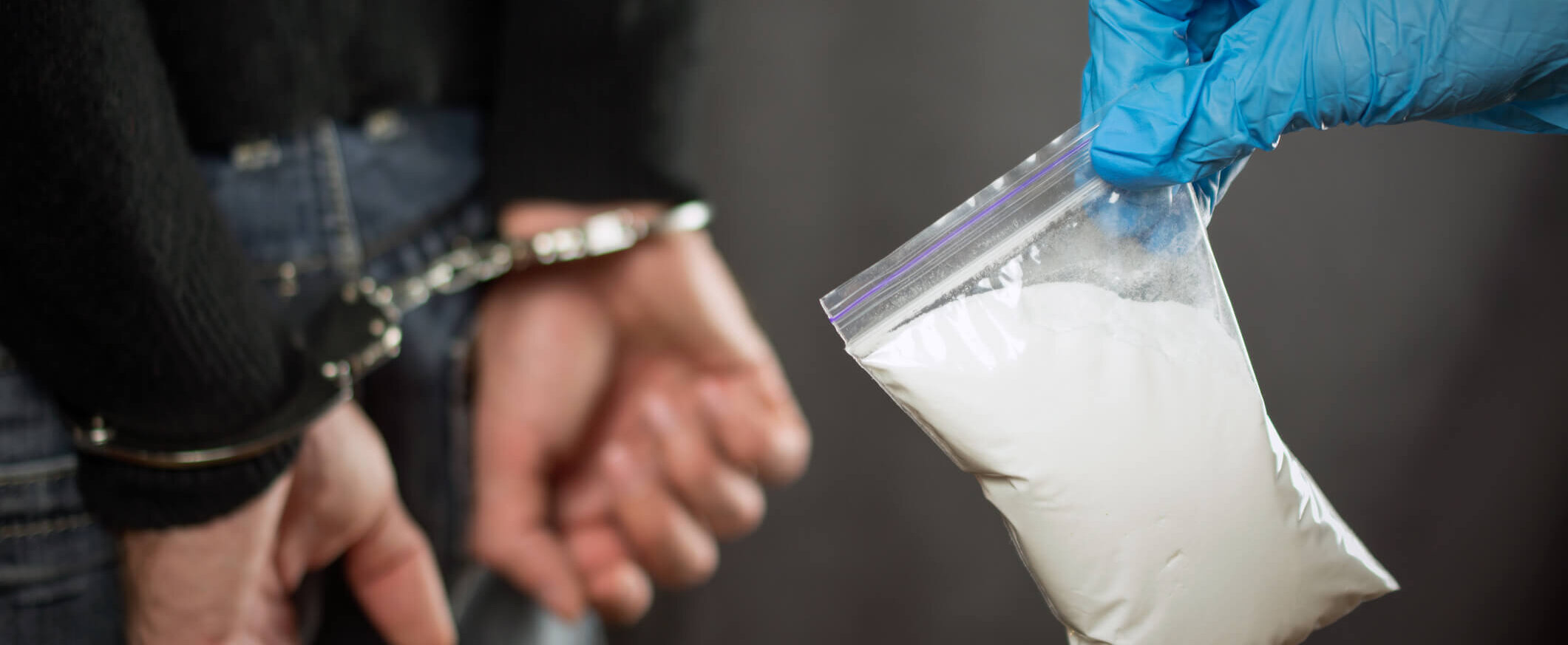Being charged with drug possession is never a good thing, but for residents of Florida, it can be especially concerning. The state has strict laws regarding the possession and distribution of scheduled substances, and they typically include felony charges.
If you are a Tampa Bay or Sarasota, Florida resident facing drug possession charges, an experienced trial attorney from Van Elswyk Law, PLLC can provide the legal advice and support you need to fight a conviction.
With serious criminal charges, you do not want to navigate the complex legal system alone. You need a lawyer who has the experience and resources to mount an aggressive legal defense on your behalf. Your future depends on it.
The team at Van Elswyk Law, PLLC brings extensive experience to the table. We are here to help Tampa Bay or Sarasota residents mount strong criminal defenses against state or federal drug possession charges. Contact us now to schedule your confidential consultation and learn more about our services.
Understanding Drug Possession Charges
Florida residents and visitors can be charged with several different types of narcotics crimes, including:
- Possession
- Possession with intent to sell
- Distribution
- Manufacturing
- Trafficking
- Prescription fraud
Each crime has different levels of severity that involve varying penalties.
Drug possession, specifically, refers to being found in unlawful possession of a controlled substance or drug that is regulated by the Food and Drug Administration (FDA). Such substances could include hallucinogens, anabolic steroids, narcotics, depressants, and stimulants.
The type of substance or substances you are charged with possessing can play an important role in the severity of the penalties you face, as could the amount of the substance in your possession. But no matter how minor or severe, you do not want a criminal conviction on your record, and a robust legal defense is the best way to protect your future.
Different Drug Classifications
When it comes to a charge of drug possession, the classification matters. It could mean the difference between a first-, second-, or third-degree felony charge.
Schedule I
Schedule I drugs are considered to be the most dangerous, having the highest potential for dependency and abuse, in addition to having no medical use. Such drugs could include Fentanyl and opiates such as heroin, cocaine, and LSD.
Although marijuana is currently legal to possess in Florida with a Medical Marijuana ID card, it remains classified as a Schedule I substance at the federal level. Those found in possession without an ID card could be charged with a misdemeanor or felony.
Schedule II
Schedule II drugs include narcotics that have medical uses but also a high potential for dependency and abuse. This classification includes painkillers like morphine, opium, and codeine.
Anabolic steroids, barbiturates, and other Schedule III drugs have clear medical uses with moderate potential for dependency and abuse.
Schedule IV
Schedule IV drugs, including prescription tranquilizers, sedatives, and antianxiety medication, tend to have a low potential for dependency and abuse.
Schedule V
Finally, Schedule V drugs are over-the-counter medications that contain nonnarcotic ingredients or limited quantities of narcotics, such as cough medicine. These are considered to have the lowest potential for dependency and abuse.
Potential Penalties
Florida is particularly strict when it comes to drug possession. A conviction could come with significant penalties, depending on whether it is a misdemeanor or felony, as well as related charges for distribution, trafficking, and so on.
Although laws and attitudes regarding cannabis are changing, possession is still illegal in Florida without a Medical Marijuana ID card. If you are found with under 20 grams of marijuana, you could be charged with a first-degree misdemeanor, which includes penalties of up to a year in jail and fines of up to $1,000.
A third-degree felony drug possession conviction could result in up to five years in prison and fines of up to $5,000. This charge covers crimes like possession of 20 grams or more of cannabis or less than 28 grams of cocaine, 4 grams of heroin, or 14 grams of methamphetamines.
Possession of drugs like oxycodone and Xanax without a prescription could also result in third-degree felony charges.
A second-degree felony drug possession charge for chemicals used to manufacture ecstasy, GHB, or methamphetamine could result in a prison sentence of up to 15 years and fines of up to $10,000.
First-degree felony convictions, potentially resulting in up to 30 years in prison and fines of up to $10,000, are related to the possession of more than 10 grams of Schedule I or II drugs.
Why You Want Van Elswyk Law on Your Side
You can fight drug possession charges with the help of a qualified and experienced criminal defense attorney. With the right defense strategy or smart plea bargaining, you have a strong chance to reduce the charges, avoid the harshest penalties, and get back to your life. As a Tampa Bay or Sarasota, Florida resident facing drug possession charges, you can benefit from the assistance of a dedicated criminal defense lawyer from Van Elswyk Law, PLLC. Contact us now to schedule a consultation and learn more.
